
Vestibular disease is a condition which affects the vestibular apparatus, affecting mammals and their orientation as well as bodily coordination. Humans, cats and dogs are the most common species affected by this condition.
The Human Vestibular System
The vestibular system in our body helps us coordinate and balance ourselves according to our spatial position and gravity itself. Without this system we would not be able to perceive whether we are standing upside down, hanging on one side or standing normally. In the same way, the vestibular system makes us capable of running, walking, bending, climbing, descending from high spots etc. Without the help of this system, there is a great possibility that we would feel dizzy and confused most of the time.
Due to its importance, the vestibular system is not a simple one. Rather, it is quite complex, located in the cochlea in our inner ear. However, it does not end there. The vestibular system is connected to our respiratory, sensory and nervous systems too. All of these factors influence the precision and proper functioning of this aspect of our organism. One part of this complex system deals with rotational acceleration while the other is in charge of linear acceleration and gravity. Thus, if any of these parts of the system are malfunctioning, the whole effectiveness of it will be affected severely, leading to vestibular disease.
The Vestibular Disease
Vestibular disease often takes place due to an injury which can be caused by a physical trauma or by infections affecting the area. Thus, the main causes may include the middle ear infection, brain lesions or idiopathic disorders.
Nevertheless, there are cases where this condition is triggered by more complicated ailments such as serve ear injury. On the other hand, most of us have experienced a small-scale vestibular disease when we got up from the bed after spending several days bound to it, due to the common flu. The disorientation and lack of coordination resulting from this action is nothing less than a vestibular disease itself.
Symptoms of Vestibular Disease
Commonly, people with vestibular disease will be prone to falling, going in circles, rolling, stumbling, tilting their head, enduring drifting of the eyes and suffering from a severe lack of coordination per se.
Note that this condition is much easier to be noticed in domestic animals such as cats and dogs, which move on all fours.
Finally, this condition is treated by medications which deal with the existing infection or through surgical procedures. Also, treating underlying causes of the vestibular disease is crucial if these are existent.



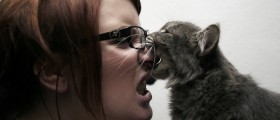
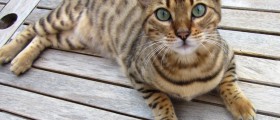
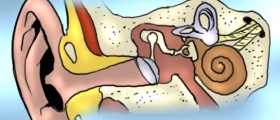
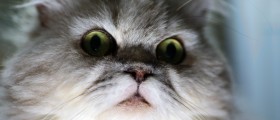



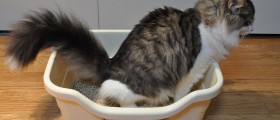






Your thoughts on this
Loading...